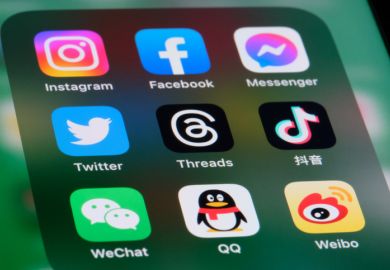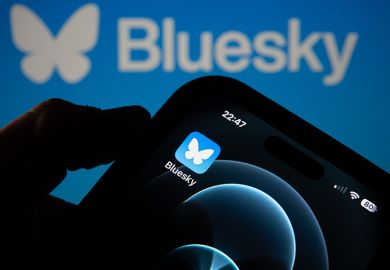Growing numbers of academics are quitting X, but universities may take longer to fully leave the divisive social media platform, according to experts.
Billionaire Elon Musk’s takeover of what was then Twitter two years ago triggered an initial exodus of researchers, but others have held back from migrating to an alternative platform such as the Meta-owned Threads or Bluesky because it would involve “starting from scratch”, said Andrew Chadwick, professor of political communication at Loughborough University.
In the UK, X’s failure to clamp down on misinformation that sparked riots over the summer and Mr Musk’s direct attacks on the country have triggered “another step change in academic researchers’ attitudes to the platform”, he said.
“It was already perceived to be toxic by many researchers, but now I think that we’ve reached a new level of toxicity, and I think you’re starting to see quite a lot of people now actively looking for alternatives,” added Professor Chadwick.
Jisc, UK higher education’s main technology body, is among those to have left X in recent weeks.
Although the platform is a “complete mess” of spam and dubious content, Nick Anstead, associate professor in the department of media and communications at the London School of Economics, said a credible alternative had yet to emerge.
“To move to a new social platform is a really big collective action problem. It’s not just about individuals moving, it’s about people’s relationships that they’ve constructed on that platform over years, in many cases,” he said.
While many universities will feel that they have to remain on X to reach prospective students and alumni, Dr Anstead warned that they could face a “brand issue” if public discontent with X’s lax moderation policy of extreme views grows.
Campus resource: It’s time: how to get your department off X
“Lots of corporations have pulled back because they don’t want to be associated with that space any more,” he said.
“Universities are lots of things, but they are also brands, and they have reputations to protect, and so there may be value in looking at alternative social media spaces if Twitter becomes problematic.”
Recent research by Andy Tattersall, an information specialist in the University of Sheffield’s School of Medicine and Population Health, found that, of 264 academic organisational accounts examined, including publishers, funders and learned societies, almost all were still active on X.
A minority had opened accounts on Bluesky, Threads or Mastodon, but many were yet to start actively posting on these platforms.
Mr Tattersall said that universities were likely to have been even slower on the uptake. “Large organisations aren’t very agile when it comes to this kind of technology adoption,” he said.
POSTSCRIPT:
Print headline: Universities slower to exit X than academics
Register to continue
Why register?
- Registration is free and only takes a moment
- Once registered, you can read 3 articles a month
- Sign up for our newsletter
Subscribe
Or subscribe for unlimited access to:
- Unlimited access to news, views, insights & reviews
- Digital editions
- Digital access to THE’s university and college rankings analysis
Already registered or a current subscriber?







